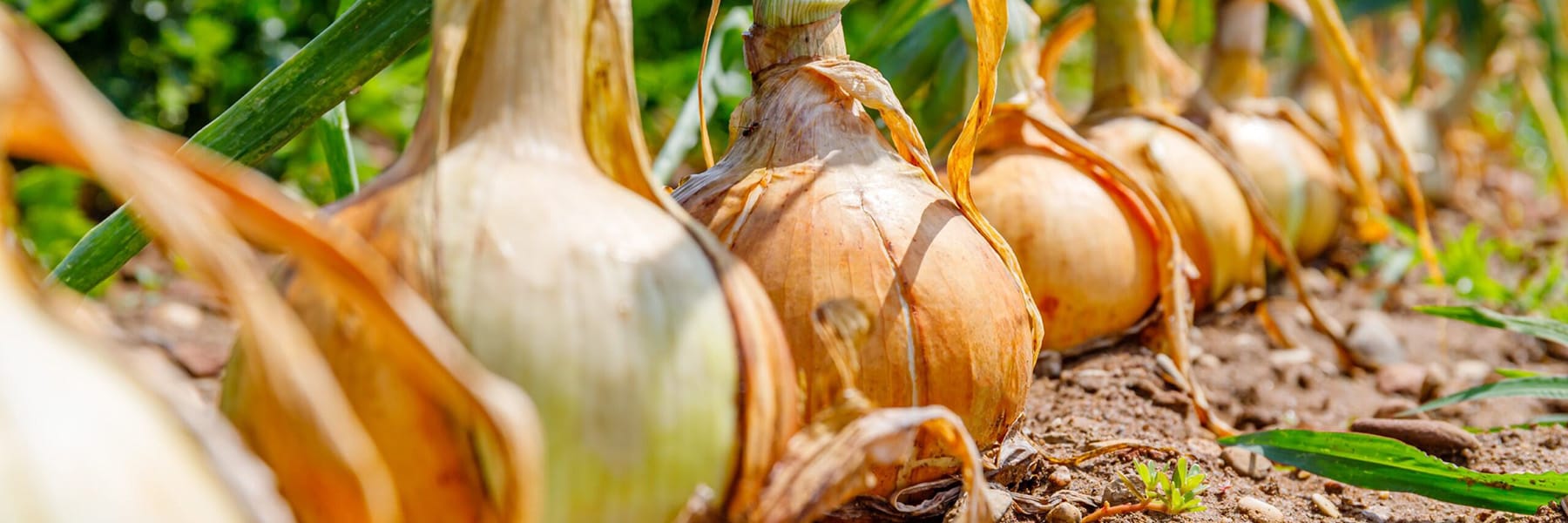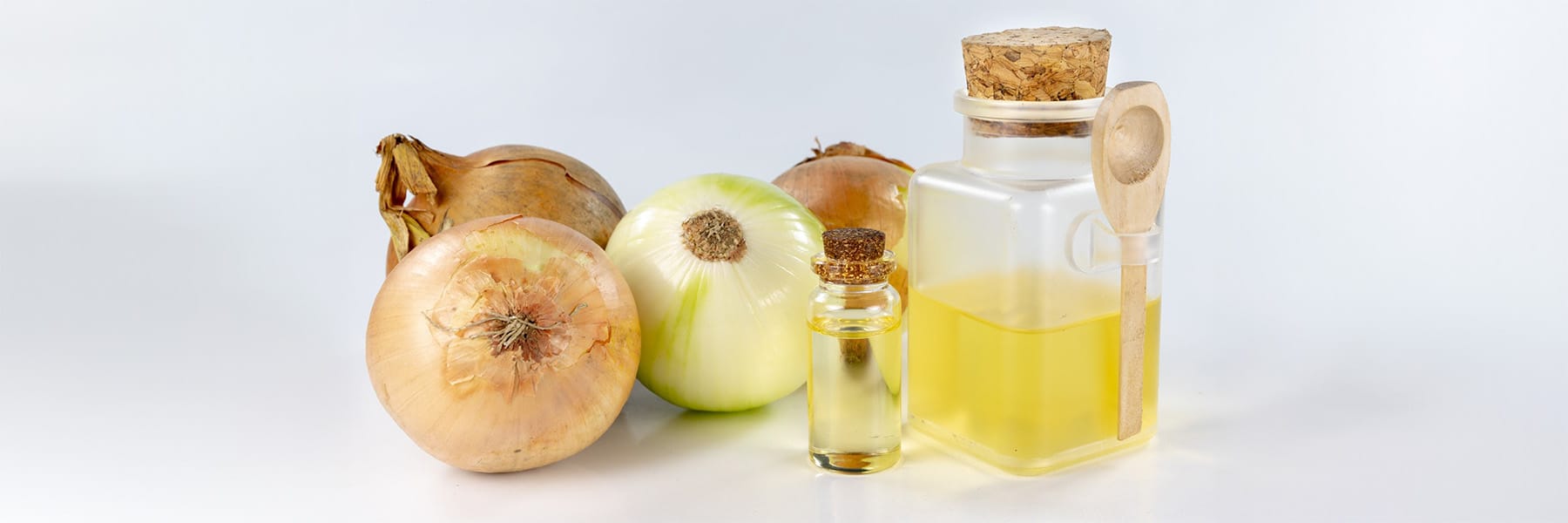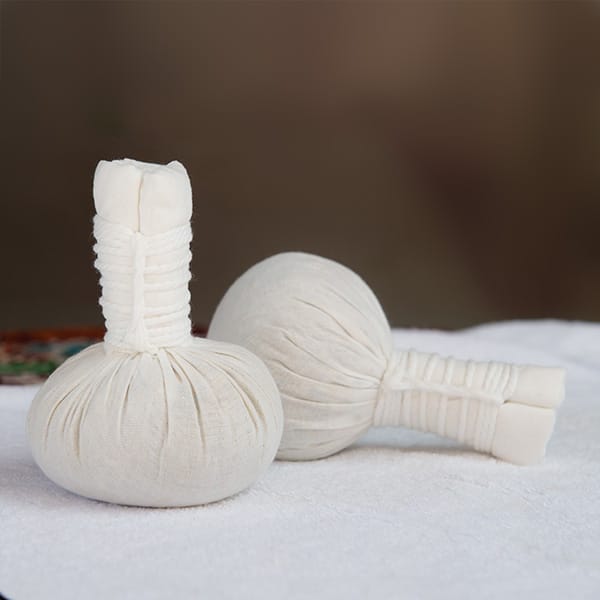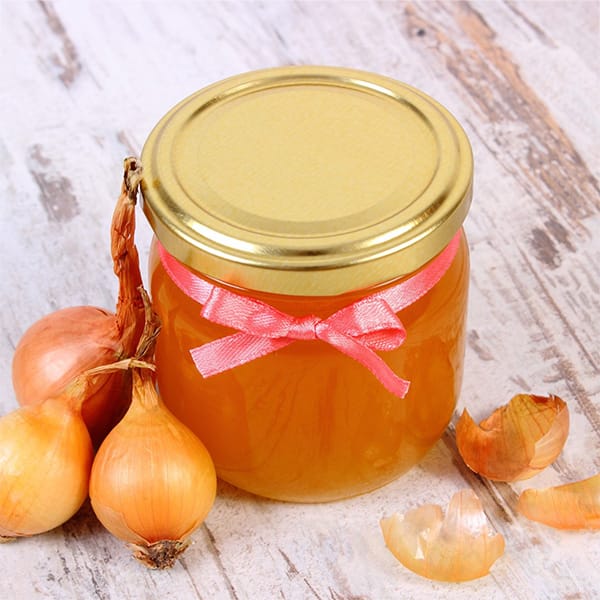Onion: Fastest Way to Eliminate Throat and Chest Congestion
A persistent cough is often a sign of mucus buildup in the throat and chest—a common response to colds, viruses, or respiratory infections. If not properly cleared, this congestion can extend the duration of illness or lead to more serious complications.
In the United States, nearly 37 million people suffer from chronic lung conditions such as asthma, emphysema, and bronchitis. In 2019 alone, over 534,000 deaths were attributed to respiratory diseases. The COVID-19 pandemic further highlighted the need for stronger lung health and immune support.
The good news? Certain nutrients and natural remedies can help loosen mucus, soothe the airways, and support your faster recovery.
Why Onions Deserve a Spot in Your Wellness Routine

Onions are one of the oldest cultivated vegetables and a global kitchen staple used in cooking all over the world. Packed with vitamin C, fiber and antioxidants, onions have been studied for their health benefits in respiratory health.
Studies have shown that regular consumption of onions may help to reduce the risk of cancer, cataract, DNA damage, and vascular and heart disease. Further, cooking them with garlic can even lower carcinogen formation in pan-fried meats.
Naturally low in sodium and fat-free, onions are a flavorful, antioxidant-rich addition to any meal. Why does this matter? Antioxidants help protect your body from oxidative damage—one of the root causes of inflammation and chronic disease.
In particular, quercetin is known to:
- Neutralize free radicals
- Regenerate vitamin E (another essential antioxidant)
- Reduce fat buildup in blood vessels, lowering heart disease risk
- Fight oxidative stress caused by environmental and dietary toxins
With their impressive nutrient profile, affordability, and rich flavor, it’s no wonder onions remain a go-to ingredient in kitchens and natural wellness routines alike.
Let’s explore more of what makes this humble bulb such a respiratory powerhouse.
Why Onions Are a Natural Remedy

Onions have been used for centuries in traditional medicine. They contain antioxidants like quercetin and organosulfur compounds. These compounds are retained even after cooking or refrigeration, making onions a versatile remedy
Health Benefits of Onions

Onions and Heart Health
- Onions can help reduce high blood pressure and triglyceride levels. Red and chartreuse onions have high quercetin content for heart support.
Onions and Cancer Risk Reduction
- Studies suggest onions, especially red varieties, may reduce colon and breast cancer cell growth due to their antioxidant content.
Onion Antioxidants
- Onions contain over 25 flavonols that fight inflammation. They’re rich in vitamin C, folic acid, calcium, iron, and quercetin.
Other Ways to Support Lung Health
Onion-based remedies work best when paired with a healthy lifestyle. The following practices can enhance lung capacity, reduce respiratory symptoms, and support long-term breathing health.
Breathing Exercises for Stronger Lungs

Daily breathing techniques can improve how efficiently your lungs function. Two of the most effective methods include diaphragmatic breathing and pursed-lip breathing.
- Help increase oxygen intake and reduce breathlessness
- Support people with chronic conditions such as asthma or COPD
- Recommended by the American Lung Association for 5–10 minutes of practice each day
Spending Time in Isolated Nature

Spending time in natural environments—especially green spaces—has been shown to support lung development and mental clarity.
- A 2022 study in the European Respiratory Journal found that exposure to green space during childhood improves long-term lung health
- Fresh air boosts mood, reduces stress, and supports brain function by increasing oxygen flow
- Outdoor air reduces the survival rate of airborne bacteria and viruses compared to enclosed, humid environment
Onion Home Remedies
Onion Chest Poultice

An onion chest poultice is an old medicine treatment that is surprisingly effective for chest congestion. It is a great remedy that will improve circulation to the lungs and reduce congestion.
Ingredients:
- 1/2 cup Spice World Easy Onion
- 1/2 tsp water
- An old dish towel
Directions:
- Lightly sauté Spice World Easy Onion in a small pan with water for 4-5 minutes.
- Pour the juice and onions into the old dish towel. Fold the sides of the dish towel into the center to make a square poultice.
- Carefully make sure it is not too hot, apply the poultice to your chest, and leave it in place for 20 minutes.
Benefits:
- Promotes circulation
- Loosens mucus
- Soothes chest discomfort
Pro Tips:
- Test for safe temperature
- Wrap in blankets while resting
Warning: the compress can be quite hot when you first apply it to the skin so make sure that it is warm but not too hot to the touch.
It is not uncommon to experience coughing and loosening of the chest congestion during and after the application of the poultice.
Onion and Sage Cough Syrup

Sage and onion syrup soothes the throat and eases coughing. This homemade onion and sage syrup is best consumed after a few days of storage. It can be stored in the refrigerator for several months.
Ingredients:
- 1/2 cup Spice World Easy Onion
- 1 tsp Spice World Minced Garlic
- 1/2 cup water
- 1/2 cup honey
- Dash of sage
Directions:
- Place the Spice World Easy Onion, sage, honey, and Spice World Minced Garlic in a jar
- Stir all ingredients well and seal the jar properly and set it aside at room temperature for about eight hours.
- Strain and use the liquid as cough syrup. You can store it in your refrigerator.
Benefits:
- Soothes throat
- Reduces coughing
- Naturally antimicrobial
Pro Tips:
- Let steep 8+ hours
- Refrigerate for best results
Immune-Boosting Onion Broth

If you are experiencing a sore or scratchy throat, there’s a good chance you have all the ingredients on hand to make this soothing, immune-boosting onion broth. It’s a quick remedy that works best if you sip it.
Ingredients:
- 1/4 cup Spice World Easy Onion
- 2 cups water
- 1 tbsp fresh thyme
- Dash cayenne pepper
Directions:
- Chop the thyme.
- Put olive oil in a pan and add Spice World Easy Onion, thyme, and cayenne pepper.
- Turn on low heat and sauté till brown.
- Add water and cook over low heat until onions are translucent.
- Strain the soup.
- Add salt and pepper to taste.
- Serve it warm.
Benefits:
- Boosts immunity
- Soothes sore throat
- Provides hydration
Pro Tips:
- Add olive oil and seasonings
- Sip warm for comfort
Frequently Asked Questions (FAQs)
Can onions really relieve chest congestion?
Are these remedies safe for children?
How often can I use these treatments?
What Causes Throat and Chest Congestion?
What’s the Difference Between Mucus and Phlegm?
Final Thoughts
Onions offer time-tested support for respiratory wellness. Combine these remedies with medical care as needed.
Keep Spice World Easy Onion and Minced Garlic on hand to make healing recipes quickly. Explore more at our full recipe collection online.
